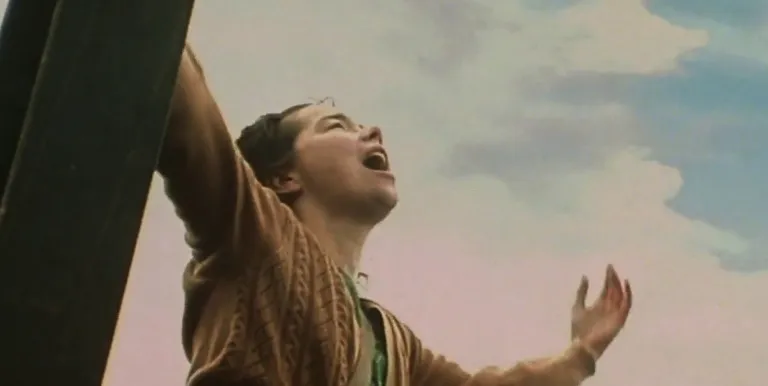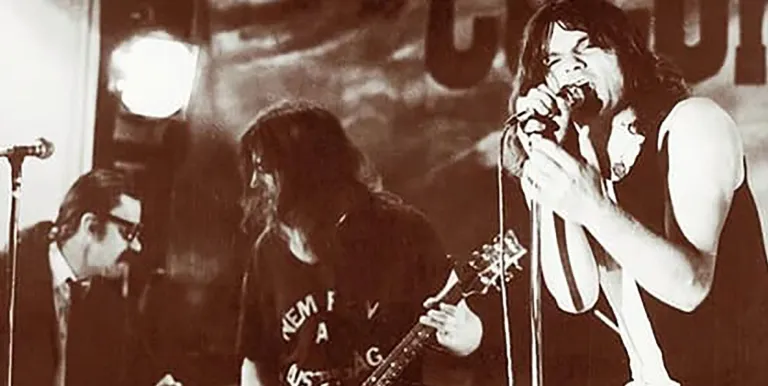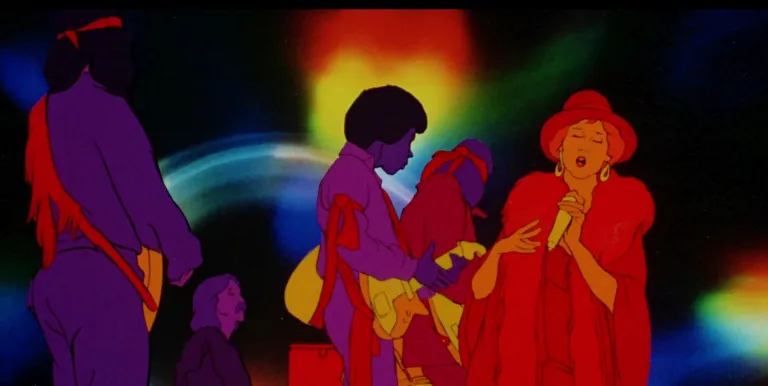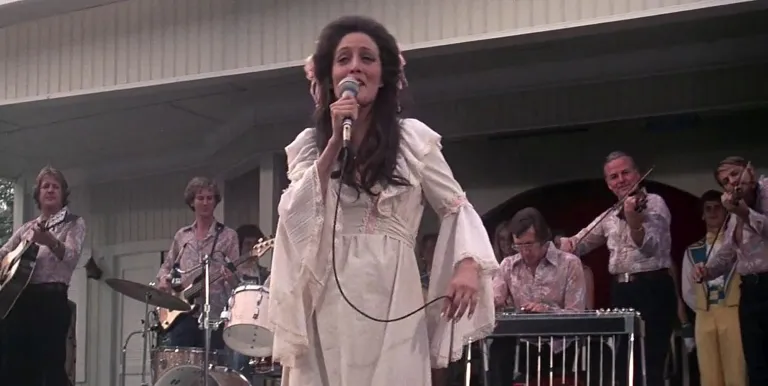A child prodigy, he developed into a sometimes celebrated and sometimes persecuted composer who created lasting work in most genres. But what else is there to know about Prokofiev? Among other things, the fact that this musician who was referred to as a ‘composer of the steel age' and a ‘Bolshevik pianist' before his death 70 years ago, was not an easy man to get along with personally, and the Soviet regime first exalted him and later tormented him. Not incidentally, he was also an excellent chess player. The exhibition we have mounted in connection to the Prokofiev marathon aims to give visitors a closer sense of both the multifaceted artist and the far-from-simple man.
The panels of the exhibition bring music history to life: we'll get to see Prokofiev in his family circle and in the company of his distinguished colleagues. We'll gain an understanding of his alternately enviable and adversely afflicted life, of the husband who was horrible in his first marriage and passionately in love in his second, of the radically modern composer, as well as of the creative artist who was branded a formalist by the system and thus forced to serve the regime. Perhaps surprising among the stories in the exhibition is the one of how the original version of the Russian composer's popular Romeo and Juliet culminated in a happy ending, or the interesting fact that it may not have been children he intended to educated with his unbeatably popular Peter and the Wolf as it was adults. (Speaking of the work's popularity, the recordings on which such world-famous artists as David Bowie and Sophia Loren serve as the narrator on various recordings, with Mikhail Gorbachev also delivering the introduction on the latter one to boot, have contributed to its prominence.) The exhibition will also show how Prokofiev beat the Cuban world champion José Raúl Capablanca at chess, how his film scores for Alexander Nevsky, Lieutenant Kijé and Ivan the Terrible, came to life independently in the concert hall, and how his ballet Cinderella met a ‘similar fate'. But we shall reveal no more, except that this is an opportunity to gain some insight into the exciting behind-the-scenes secrets of a rich oeuvre.
The artistic directors of the series are Iván Fischer and Csaba Káel.
Presented by: Budapest Festival Orchestra, Müpa Budapest
-
We wish to inform you that in the event that Müpa Budapest's underground garage and outdoor car park are operating at full capacity, it is advisable to plan for increased waiting times when you arrive. In order to avoid this, we recommend that you depart for our events in time, so that you you can find the ideal parking spot quickly and smoothly and arrive for our performance in comfort. The Müpa Budapest underground garage gates will be operated by an automatic number plate recognition system. Parking is free of charge for visitors with tickets to any of our paid performances on that given day. The detailed parking policy of Müpa Budapest is available here.








